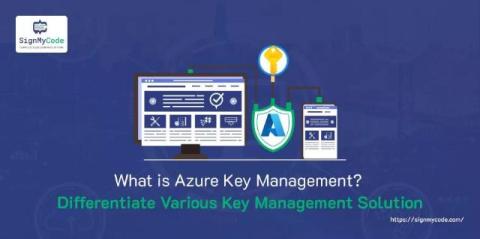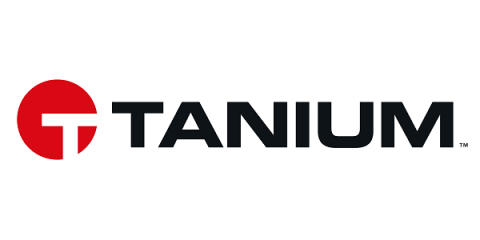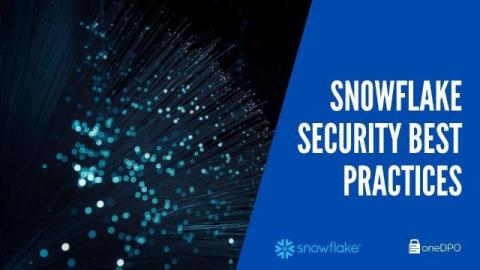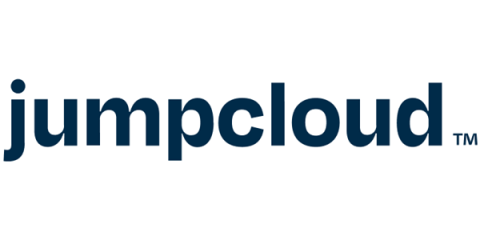Azure Key Management Solution: Differentiate and Choose the Best As per the Requirement
Azure is Microsoft’s cloud, allowing for software and hardware-based or hosted in the cloud and providing computing, analytical, storage, and networking services. From these services, the users can selectively take what they want to build new applications in the public cloud or migrate other applications already running to the public cloud.











